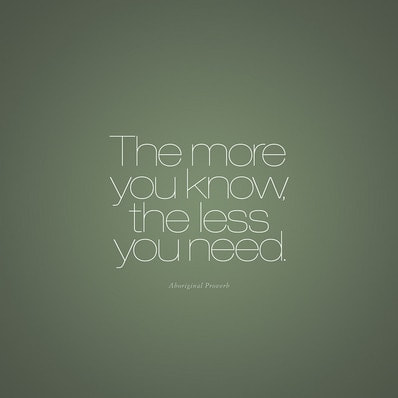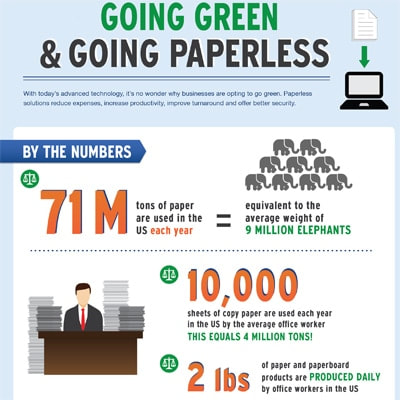 We keep searching for things that fit. The right shoes. A comfy pair of jeans. Maybe even a career or relationship. It is the struggle to right-size - make decisions based on the life we are living today - and preparing for changes we might encounter in the future. A great example is the baby boom generation - they've raised their kids, had careers, and are now retiring and moving on to the next "life chapter". This phase can mean a smaller house with less maintenance, more free time to spend with the grandkids and for traveling, or even launching a new, entirely different, career. A Closer Look at Right-Sizing Right-sizing our homes doesn't have to involve grand, dramatic changes. In fact, right-sizing can often be a series of related steps that work together to make sense for your personal situation. For a baby boomer, right-sizing might look like moving from a four bedroom where we raised our kids, to a one or two bedroom just for us. We let the space itself define what we keep - 2 beds instead of 4 mean we "need" fewer sheets, blankets and pillow cases. These simpler, smaller decisions that can be made right now pave the way for the harder, more emotionally laden ones we might face later. The less we have to maintain the more free time we have to spend with loved ones, or pursuing new interests. Those big lawns, gardens, and driveways and the machines that helped us maintain them can be right-sized as well. Remember: Just because we've always done it one way doesn't mean we can't ask ourselves what it would look and feel like if we changed our strategy - perhaps doing less of something - letting go of a time and energy-taker. The answer can, and often does, surprise us! What have you right-sized in your life that has freed you up to spend time and energy elsewhere? Do you wish you would have done so sooner or was the timing just right?
0 Comments
 So, there's these slippers. Slippers that are well loved and worn thru on the soles. I knit them about 7 years ago, and then felted them. If you've ever seen me knit you know it's a painful process...shoulders hunched, pure concentration. What should be a relaxing hobby gives me a neck cramp. I've since given up knitting. But that's a story for another blog post.... My daughter keeps telling me I need to give the slippers up, too. They've served me well, and are quite past their prime. I keep meaning to throw them out. And, I....just cannot let them go. I think, "just one more wear" or "tomorrow. Definitely tomorrow". What it boils down to is the heart and soul, sweat and tears I put in to them. Throwing them out, even after they've served me well, just isn't that easy. They are one of the few material things to which I'm actually attached. I've learned over the years that often clients need the opportunity to tell the story of an item before they can release it. I feel the same way - now I've shared the story and they can go. Letting go is a process - whether it's material things, emotions, relationships - it doesn't matter. Telling the story helps validate the process and keep us moving forward. Have a letting go story to share? Please share in the comments below - I'd love to hear about it!
 Guest Post by Suzie Kolber Appropriate Ways to Offer Condolences in the Workplace You only know Jane to talk to her in the hall between your offices. You may send her an email occasionally about a job-related question or say “hello” in a company-wide meeting once a month. Just last week you heard her father died and you’re scheduled to have a meeting with her in a few days. You’re already feeling uncomfortable because you’re not sure what to say or how to act with someone who just suffered a loss. Should you bring up the subject at all? Should you offer condolences? Should you get a card or buy flowers? Dealing with such a serious subject with a co-worker can be complicated. Consider Your Relationship If you only see Jane in passing and never have one-on-one conversations with her, it’s perfectly acceptable to not make mention of the situation at all. In fact, it may make her feel just as awkward as you. She doesn’t know you well and may not feel comfortable discussing such a personal subject. On the other hand, if the co-worker is someone you know well and eat lunch with or have regular meetings, you should broach the subject at an appropriate time. Avoiding it will be all too obvious, and it may make it awkward for both of you to talk to each other. Consider the Situation If you won’t see the person other than passing in the hall for a few weeks, it may be fine not to bring up the topic. However, if you are scheduled to have a meeting with them a week after the funeral, you may want to offer quick condolences. It could be a simple “How are you doing?” which the person will understand the underlying meaning. If you arrive at the meeting early, you could say something short and sincere like “I heard about your dad, and I just want to say I’m sorry.” That’s it. No need to say more, but Jane will appreciate your thoughtfulness. Consider the Method of Offering Condolences You probably don’t want to talk about the person’s loss in a group situation. If you never talk to the person alone, it’s probably best not to bring up the loved one’s death. On the other hand, you will want to say something if you see them in an individual situation. One of the best ways to offer condolences in a work environment is to send an email. You don’t have to make a big deal about it, but offer a few words to show your support and to let them know you are aware of their situation. Keep it short and to the point. You may say something like the following:
|
Meet Tammy
Tammy Schotzko is a Certified Professional Organizer who Archives
March 2021
Categories
All
|



 RSS Feed
RSS Feed